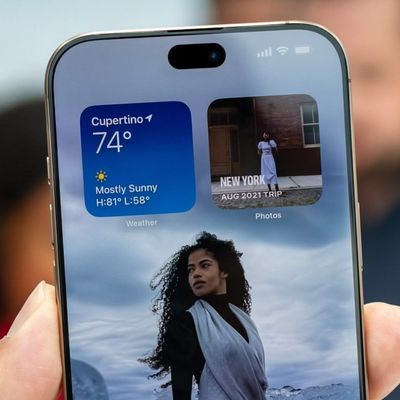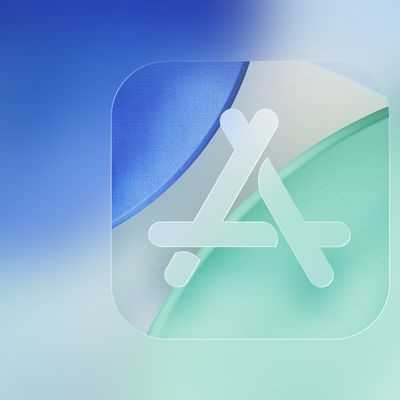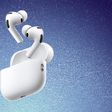New Video Gives Inside Look at Corning's Gorilla Glass Research Facility
Corning, producer of Gorilla Glass, has been a long time partner of Apple. Its ultra tough Gorilla Glass has been used in several generations of iPhones and iPads, including the recent iPad Air 2 and the iPhone 6 and iPhone 6 Plus.
While Corning has published several videos that show how its Gorilla Glass is produced and tested, uBreakiFix recently visited the company's Gorilla Glass facility in Corning, New York, and has created a set of videos explaining how Gorilla Glass works and showing off some of the equipment that Corning uses to test Gorilla Glass.
The first video explains the details behind Corning's ion exchange glass strengthening procedure and its focus on "damage resistance," which sets Gorilla Glass apart from its competitors. It also shows tests between Gorilla Glass and regular glass, where Gorilla Glass significantly outperforms standard glass.
In the second video, uBreakiFixCo goes behind the scenes at Corning's Gorilla Glass research and testing facility to show off Corning's testing procedures and the toughness of Gorilla Glass. Gorilla Glass is able to withstand far more pressure and scratching than standard glass, which is one of the reasons why it's so popular with manufacturers, including Apple.
In November, Corning introduced the latest iteration of Gorilla Glass,
Gorilla Glass 4. This next-generation Gorilla Glass is even more resistant than previous versions to glass shattering drops and it is able to survive 80 percent of face-down falls onto rough surfaces.
Corning's Gorilla Glass 4 is already shipping to manufacturers and should Apple choose to go with Gorilla Glass for its next-generation iPhones rather than sapphire as once again rumored, Gorilla Glass 4 could very well make an appearance in iPhones in 2015.
Popular Stories
Apple is planning to debut a high-end secondary version of AirPods Pro 3 this year, sitting in the lineup alongside the current model, reports suggest.
Back in September 2025, supply chain analyst Ming-Chi Kuo reported that Apple is planning to introduce a successor to the AirPods Pro 3 in 2026. This would be somewhat unusual since Apple normally waits around three years to make major...
Over the last few months, rumors around the iPhone 18 Pro's front-panel design have been conflicted, with some supply-chain leaks pointing to under-display Face ID, reports suggesting a top-left hole-punch camera, and debate over whether the familiar Dynamic Island will shrink, shift, or disappear entirely.
Today, Weibo-based leaker Instant Digital shared new details that appear to clarify the ...
In addition to updating many of its existing products, Apple is expected to unveil five all-new products this year, including a smart home hub, a Face ID doorbell, a MacBook with an A18 Pro chip, a foldable iPhone, and augmented reality glasses.
Below, we have recapped rumored features for each product.
Smart Home Hub
Apple home hub (concept)
Apple's long-rumored smart home hub should...
Apple's App Store, iTunes Store, and Apple TV service are experiencing an outage at the current time, according to Apple's System Status page.
Apple says that some users may be experiencing issues with the App Store and iTunes Store. Apple also says some users may be seeing intermittent issues with Apple TV. The Apple TV Channels feature is down too, and users may be unable to access some...
Apple is working on a small, wearable AI pin equipped with multiple cameras, a speaker, and microphones, reports The Information. If it actually launches, the AI pin will likely run the new Siri chatbot that Apple plans to unveil in iOS 27.
The pin is said to be similar in size to an AirTag, with a thin, flat, circular disc shape. It has an aluminum and glass shell, and two cameras at the...




















